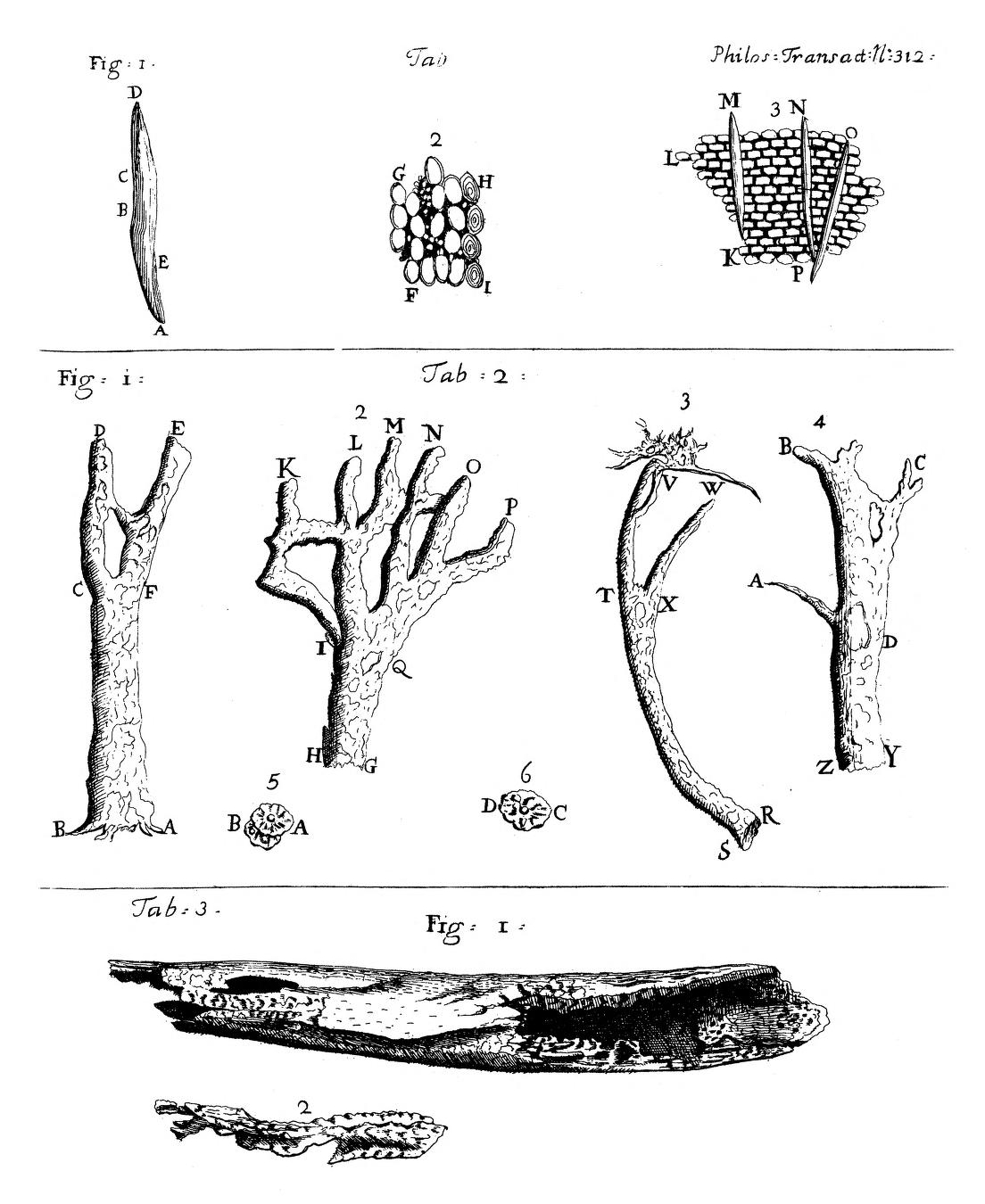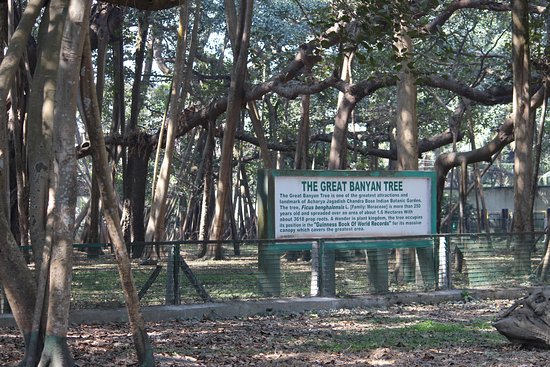|
George Gammie
George Alexander Gammie (July 1864 - 5 May 1935) was a British botanist who worked in India. He worked on a variety of plant groups including those of economic interest such as cotton and contributed to the knowledge of plants used during famines in India. George Gammie was born to Mary née Parrell and her husband James Alexander Gammie (12 November 1839-13 April1924) who was superintendent in the cinchona plantations at Mungpu. James had come to India and replaced Robert Scott at the Calcutta botanical garden in 1866. Later he moved to Mungpu and John Scott was given the post of Curator of the Calcutta Garden. George Gammie grew up at Mungpu and became interested in the plants of the region. He worked as an assistant in Mungpu from 1881 to 1899 and went on collecting tours to Sikkim and the Brahmaputra Valley. He was placed in charge of the Saharanpur Garden around 1891-92 and the Lloyd Botanic Garden at Darjeeling around 1893 and was for some time between 1893 and 1896, a Curato ... [...More Info...] [...Related Items...] OR: [Wikipedia] [Google] [Baidu] |
James Alexander Gammie
James Alexander Gammie (12 November 1839 - 13 April 1924) was a Kew-trained Scottish gardener and botanist known for his work in raising cinchona plantations in Mungpoo in northeastern India and in introducing a process for the extraction of cinchona alkaloids at the factory in Rungbee. Gammie was born in Kincardine to George Gammie and Jean Silver. Gammie apprenticed at Drum Castle, Aberdeenshire, where his father was gardener for 45 years. He worked at Stapleton Park and with J. Veitch in Chelsea. He joined Kew in 1861 along with W.B. Hemsley and J.R. Jackson working for about four years until he was selected by the Secretary of State for India in August 1865 to manage the cinchona plantations in Sikkim. He moved to India and worked for eleven years retiring in 1897. An achievement was in the introduction of C.H. Wood's process for extracting the cinchona alkaloid using a solvent, fusel alcohol, from which the alkaloids were precipitated as sulphates using sulphuric acid. He wa ... [...More Info...] [...Related Items...] OR: [Wikipedia] [Google] [Baidu] |
Cinchona
''Cinchona'' (pronounced or ) is a genus of flowering plants in the family Rubiaceae containing at least 23 species of trees and shrubs. All are native to the Tropical Andes, tropical Andean forests of western South America. A few species are reportedly naturalization (biology), naturalized in Central America, Jamaica, French Polynesia, Sulawesi, Saint Helena in the South Atlantic, and São Tomé and Príncipe off the coast of tropical Africa, and others have been cultivated in India and Java, where they have formed hybrids. ''Cinchona'' has been historically sought after for its medicinal value, as the bark of several species yields quinine and other alkaloids. These were the only effective treatments against malaria during the height of European colonialism, which made them of great economic and political importance. Trees in the genus are also known as fever trees because of their anti-malarial properties. The artificial Quinine total synthesis, synthesis of quinine in 1944 ... [...More Info...] [...Related Items...] OR: [Wikipedia] [Google] [Baidu] |
Mungpoo
Mungpoo (also referred to as Mangpu Cinchona Plantation, or rendered Mungpoo) is a village in the Kurseong 24 Bidhan Sabha Constituency Rangli Rangliot (community development block) in the Kurseong subdivision of the Darjeeling district in the state of West Bengal, India. History The ancient Incas, in what is now Peru, knew that the bark of a tree had miraculous property of curing Malaria. Carl Linnaeus established the botanical genus of Cinchona in 1742. Dr. Thomas Anderson, Superintendent of Royal Botanical Garden at Calcutta, started his experimental trial for cultivation of Cinchona in the Darjeeling Hills and in 1862 selected the Mangpu hills for commercial cultivation. After successful establishment of Cinchona plantation at Mangpu, it was extended to Munsong, Rongo, Latpanchar and Ambotia. The Directorate of Cinchona and Other Medicinal Plants started functioning in Darjeeling in 1862, initially for growing Cinchona trees and to produce the life-saving anti-Malarial dr ... [...More Info...] [...Related Items...] OR: [Wikipedia] [Google] [Baidu] |
Lloyd's Botanical Garden
Lloyd's Botanical Garden, or Darjeeling Botanical Garden, is a botanical garden in Darjeeling in the Indian state of West Bengal. History Lloyd's Botanical Garden was established in 1878 when of land was acquired at Darjeeling to form a botanic garden as a distant annexe of the Calcutta Botanical Garden. The land was provided by William Lloyd, in whose name the botanical garden has been named. Location The Garden is situated just below the Eden Sanatorium in an open slope covering an area of about , bound by Cart Road and Victoria Road on the North, by Jail Road and Hari Ghose Road on the south, by Eden sanatorium on the east and Victoria Road on the west. This Garden is one of the main attractions to the visitors to Darjeeling with a treasury of many rare and beautiful plants as well as patches of typical forest of tall Cryptomeria, Bucklandia and Alnus with thick mass of lianas and shrubby undergrowth. It is a favorite spot of recreation with vistas across some of the lov ... [...More Info...] [...Related Items...] OR: [Wikipedia] [Google] [Baidu] |
Botanical Survey Of India
Botanical Survey of India (BSI) located in Kolkata, West Bengal, India. It was founded on 13 February 1890, is Government of India Ministry of Environment, Forest and Climate Change's organization for survey, research and conservation of plant wealth of India, flora and endangered species of India, including by collecting and maintaining germplasm and gene bank of endangered, patent and vulnerable plant species. History BSI was formally instituted by East India Company (EIC) on 13 February 1890Botanical Survey of India (BSI) "History", Botanical Survey of India. under the direction of Sir who became first ex-officio director, earlier he had bee ... [...More Info...] [...Related Items...] OR: [Wikipedia] [Google] [Baidu] |
1864 Births
Events January–March * January 13 – American songwriter Stephen Foster ("Oh! Susanna", "Old Folks at Home") dies aged 37 in New York City, leaving a scrap of paper reading "Dear friends and gentle hearts". His parlor song " Beautiful Dreamer" is published in March. * January 16 – Denmark rejects an Austrian-Prussian ultimatum to repeal the Danish Constitution, which says that Schleswig-Holstein is part of Denmark. * January 21 – New Zealand Wars: The Tauranga campaign begins. * February – John Wisden publishes '' The Cricketer's Almanack for the year 1864'' in England; it will go on to become the major annual cricket reference publication. * February 1 – Danish-Prussian War (Second Schleswig War): 57,000 Austrian and Prussian troops cross the Eider River into Denmark. * February 15 – Heineken brewery founded in Netherlands. * February 17 – American Civil War: The tiny Confederate hand-propelled submarine ''H. L. Hunl ... [...More Info...] [...Related Items...] OR: [Wikipedia] [Google] [Baidu] |
1935 Deaths
Events January * January 7 – Italian premier Benito Mussolini and French Foreign Minister Pierre Laval conclude an agreement, in which each power agrees not to oppose the other's colonial claims. * January 12 – Amelia Earhart becomes the first person to successfully complete a solo flight from Hawaii to California, a distance of 2,408 miles. * January 13 – A plebiscite in the Territory of the Saar Basin shows that 90.3% of those voting wish to join Germany. * January 24 – The first canned beer is sold in Richmond, Virginia, United States, by Gottfried Krueger Brewing Company. February * February 6 – Parker Brothers begins selling the board game Monopoly in the United States. * February 13 – Richard Hauptmann is convicted and sentenced to death for the kidnapping and murder of Charles Lindbergh Jr. in the United States. * February 15 – The discovery and clinical development of Prontosil, the first broadly effective antibiotic, is published in a se ... [...More Info...] [...Related Items...] OR: [Wikipedia] [Google] [Baidu] |



